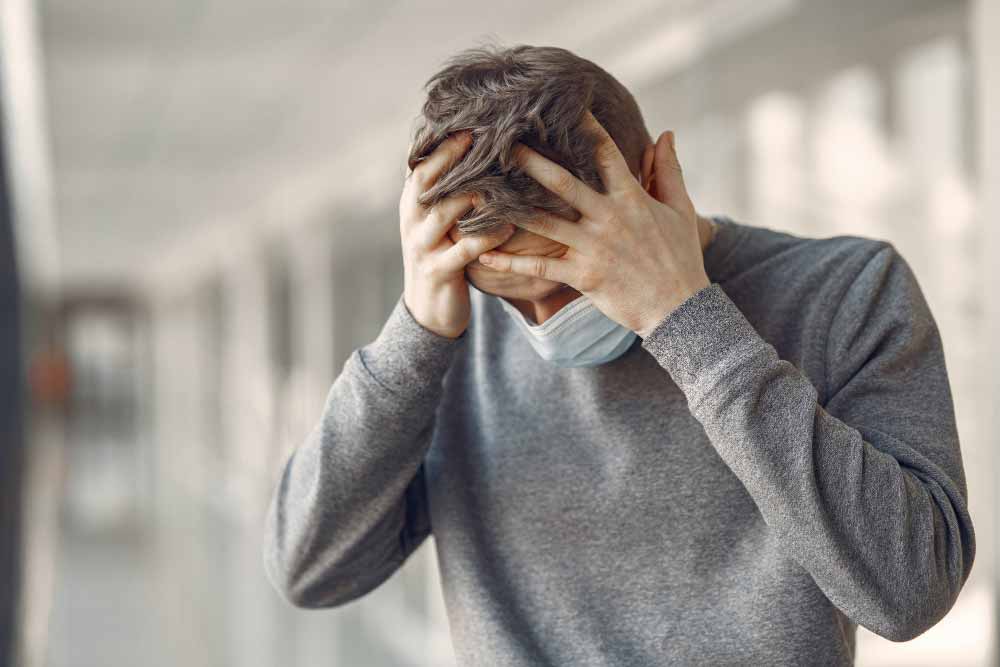A stroke, also known as a hemorrhagic stroke, occurs when the blood supply to part of the brain is interrupted or interrupted.
The exact cause of a stroke is not known, but many factors can increase the risk of having one. These include a diet low in fiber, blood pressure that is too high, and the use of tobacco and drugs.
What is a stroke?
A stroke happens when a major blood supply to the brain is damaged. An artery carries the brain’s blood supply called the carotid artery. When this artery is blocked, brain cells begin to die, which is known as an ischemic stroke.
The risk of an ischemic stroke is increased if the person is over the age of 65. People of working age are at a lower risk because they have more cells in their brains to regenerate and replace lost ones.
Symptoms of ischemic stroke
An ischemic stroke often begins suddenly and with no known cause. As the brain cells die, there are often no physical signs that it is happening. These symptoms can include:
- a sudden loss of balance
- loss of mobility or vision in the affected side of the body
- sudden, severe headache
- slurred speech
- loss of consciousness
If the brain has not had enough time to heal, the person will be left with a reduced ability to move, speak, and read and write.
In the days after a stroke, people may look and feel OK. But stroke can seriously impact a person’s memory, thinking, language, and even physical ability. Neurologists say that even after the stroke, it can take a few weeks for people’s symptoms to improve.
Common after-effects include memory problems, impaired judgment and balance, difficulty speaking, difficulty with coordination, slurred speech, and impaired handwriting.
Tips to help in stroke recovery
The things that a person can do to help himself or herself have no one-size-fits-all answer, as the best way to recover from a stroke may vary depending on the individual’s circumstances and health condition. Some tips and insights from clinical trials for stroke may help. And to go on your way to stroke recovery, you can do the following:
- Staying hydrated and eating nutritious foods – It is important to drink plenty of fluids and consume foods high in nutrients to help rebuild lost muscle tissue and help ward off fatigue.
- Routine testing of symptoms – Regular tests can aid in diagnosing the effects of stroke and help determine the level of care required.
- Medication to maintain blood pressure – Medications are available for raising a patient’s high blood pressure. Also, you can use medications to help treat the effects that stroke has on your nerves and muscles.
- Support groups – Ideally, one can join an evidence-based self-help group that meets regularly in person or by telephone. They may also offer various services such as writing exercises and online education resources; Web site reviews; information about insurance plans and benefits; mutual counseling, or stress management. And respite care services.
- Therapeutic massage – Massages are often recommended because of their relaxing effect on the nervous system. It also has a calming action as it promotes blood flow, reduces distressing thoughts, and soothes sore muscles. This type of treatment, when combined with stretching exercises, has been shown effective as an adjunct to drug therapy, especially in the case of strokes
- Preserving and maintaining mobility – Living with a stroke often affects daily activities, such as walking or even bathing. Physical therapy helps preserve and restore a normal lifestyle via repetitive movements that prepare the neurological system for any further injury. There is no assurance that one will regain all of what was lost in a stroke but rest assured that medical science has advanced so many standards at disposal today – a glimpse of normality may be achieved.
- Exercise regularly – A well-rounded exercise program can help improve your physical health and help improve your mood and mental health during recovery. Exercise can also help reduce stress levels, which is essential for a person who has experienced a stroke.
- Avoid stress – Stress has been shown to impede physical healing and can even lead to depression in survivors of a stroke. Try to relax both mentally and physically, such as yoga or meditation.
A stroke is a debilitating neurological event that can lead to long-term neurological impairment. Despite being one of the most common causes of death, stroke remains mysterious and poorly understood. This blog was intended to provide an overview of the various aspects of stroke, its symptoms, and the best ways to recover from it.
By reading through this blog, we hope that you’ll be better prepared to help yourself or someone you know is recovering from this condition.
In the meantime, stay informed and stay safe!

